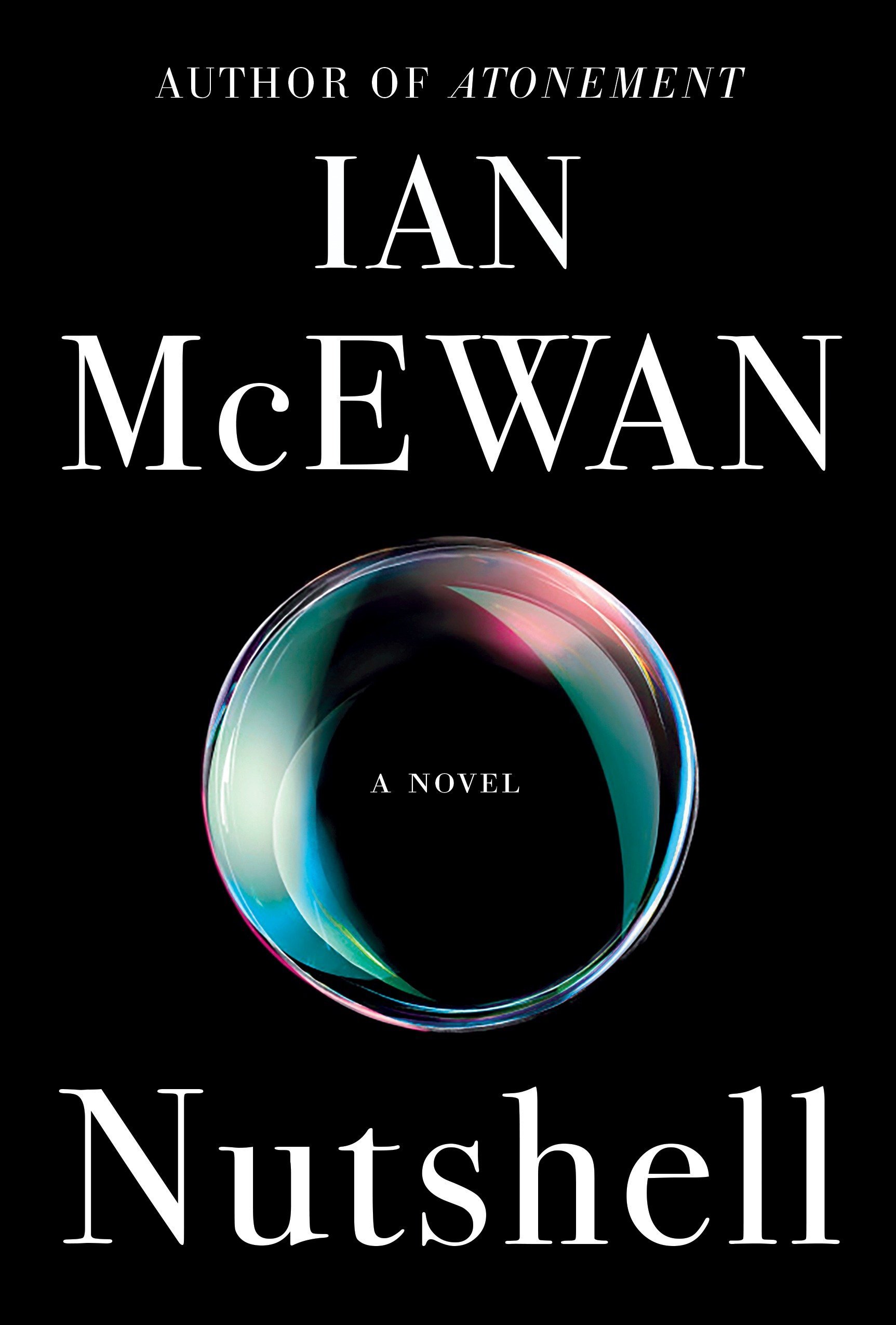Our book group choice for December 2022 is Nutshell by Ian McEwan. Nutshell is a classic story of murder and deceit, told by a narrator with a perspective and voice unlike any in recent literature. It is a reinterpretation of the classic William Shakespeare play Hamlet as told by a fetus.
Nutshell is a 2016 novel by Ian McEwan. It is a modern retelling of William Shakespeare’s classic play Hamlet, but with a twist: the story is told from the point of view of an unborn child. The narrator, who never names himself, is the son of John Cairncross, a failed poet who has inherited a large Georgian townhouse in London. John’s estranged wife, Trudy, is having an affair with John’s brother, Claude. The two of them plot to murder John so that they can inherit the townhouse.
The narrator is a highly intelligent fetus. He can hear and understand everything that goes on around him, and he is able to piece together Trudy and Claude’s plans. He is horrified by their plan, but he is also powerless to stop them. He can only watch and wait as they carry out their murder.
After John’s death, Trudy and Claude concoct a story about how he committed suicide. The police are suspicious, but they do not have enough evidence to charge them with murder. The narrator is furious that his father’s death has gone unpunished, but he knows that there is nothing he can do.
Nutshell is a dark and twisted novel, but it is also a clever and thought-provoking one. McEwan’s use of the unborn child as a narrator is a brilliant stroke, and it allows him to explore some complex themes, such as the nature of revenge, the power of family, and the limits of free will.
The novel has been praised by critics for its originality, its wit, and its suspense. It has also been compared to Shakespeare’s Hamlet, and it is clear that McEwan was influenced by the play. However, Nutshell is not simply a retelling of Hamlet. It is a unique and powerful novel that stands on its own merits.
Here are some of the themes explored in Nutshell:
- Revenge: The narrator’s desire for revenge on Trudy and Claude is a driving force in the novel. He is determined to see them punished for what they did to his father.
- Family: The novel explores the complex relationships between family members. The narrator’s relationship with his father is particularly important, and his father’s death has a profound impact on him.
- Free will: The novel raises questions about the nature of free will. The narrator is trapped in his mother’s womb, and he is unable to control his own destiny. However, he still makes choices, and these choices have consequences.
Here are some additional thoughts on the novel:
- The novel’s use of the unborn child as a narrator is both ingenious and disturbing. It allows McEwan to explore some complex themes in a unique and thought-provoking way.
- The novel’s humor is often dark and twisted, but it is also very effective. McEwan uses humor to make the novel’s more disturbing aspects more palatable.
- The novel’s ending is both satisfying and ambiguous. It leaves the reader with a lot to think about.
Discussion Questions
- What did you think of the book’s narration – did you find the foetus telling the story effective and/or essential?
- Were you able to suspend disbelief at the narrator’s knowledge of the world?
- What did you think of the concept of the book as a modern retelling of Hamlet from the point of view of an unborn baby Hamlet?
- Did you find any of the characters particularly likable or unlikable?
- Do you think the baby was the hero of the story?
- In the murder scene did you find yourself hoping for the murderers to be successful or the father to walk away unharmed?
- How do you think Nutshell compares to Ian McEwan’s other books?
Individual Ratings
Baljit's Rating 




Catherine's Rating 




DKB's Rating 




Sue's Rating 




Jo's Rating 




Willow's Rating 





